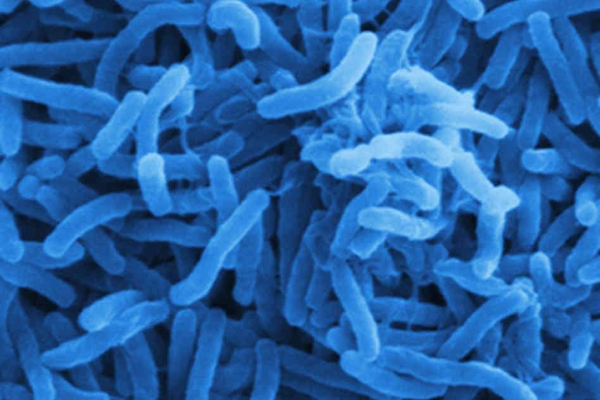
AARON Koto (33) is now a pale shadow of his former self after surviving almost certain death, having been diagnosed with cholera in 2008 following an outbreak that wiped out over 4 500 people in the country.
BY NHAU MANGIRAZI
He is among the eight survivors at Mhangura Clinic admitted at the height of the cholera outbreak when two people died during the crisis that affected the country.
The government denied the scope of the cholera outbreak, until it became apparent that they were fighting a losing battle, forcing the intervention of the international community, which came in to rescue the country’s collapsed health sector.
Last week, Koto recalled in an interview with NewsDay Weekender, how he cheated death, but his biggest fear is that there can be a recurrence of the outbreak, as he feels the authorities have not done enough to stop the return of the waterborne disease.
“It is unfortunate that nothing has changed for our community, as we are facing the same unclean water challenges here,” he said.
“It is pathetic and we have been failing to get clean and safe water here.”
Koto, a father of two children born after the attack, recalled that he started vomiting and had diarrhoea from around 11pm on the fateful day.
- Chamisa under fire over US$120K donation
- Mavhunga puts DeMbare into Chibuku quarterfinals
- Pension funds bet on Cabora Bassa oilfields
- Councils defy govt fire tender directive
Keep Reading
“It was during the height of the cholera outbreak in the country and Mashonaland West was not spared,” he said.
“I was rushed to Mhangura Clinic, where we were in quarantine and could not be treated with other people admitted at the clinic.
“We were on our own, as we were infected by cholera.
“Nurses attended to us while in protective clothing and gloves.
“We were like outcasts then.”
For eight days, Koto was kept away from other patients, with his staple diet being lots of injections and drips to help him rehydrate. “We were discharged after 10 days,” he said.
“Unfortunately, two passed on during that time.”
Koto said he had survived through God’s benevolence.
“The nurses told me that I survived as I only vomitted for a few days, although the diarrhoea had been severe,” he continued.
Villagers in the area — R2 under Two-Tree resettlement under Makonde rural district ward 5 in Mhangura constituency situated about 85km from Chinhoyi — who have been sharing drinking water with animals, fear that they may suffer from cholera, as clean water is not available.
“We do not have clean water,” Priscilla Marevererwa, chairperson of the area’s water committee in the area, lamented.
Headman Emerson Harate (62) conceded that all was not well.
“We have gone for several years without clean water and it affects us all here,” he said.
“We are living in fear that cholera may recur because our water is not safe.”
In January, four people died in Chegutu, Mashonaland West, with the government insisting the situation is under control, but this has heightened fears in Mhangura as the epicentre of the outbreak is close.
Health and Child Care minister David Parirenyatwa recently said there was no one admitted at hospital on suspicion of cholera, although there were 94 cases of suspected cholera and only six were positive.
“Unfortunately, four of these cases recorded in Chegutu were fatal,” he said.
An elderly woman died while three men succumbed to the disease in Chegutu after the attack in January.
For Koto, cholera was a dark shadow that continues to follow him everywhere he goes.











